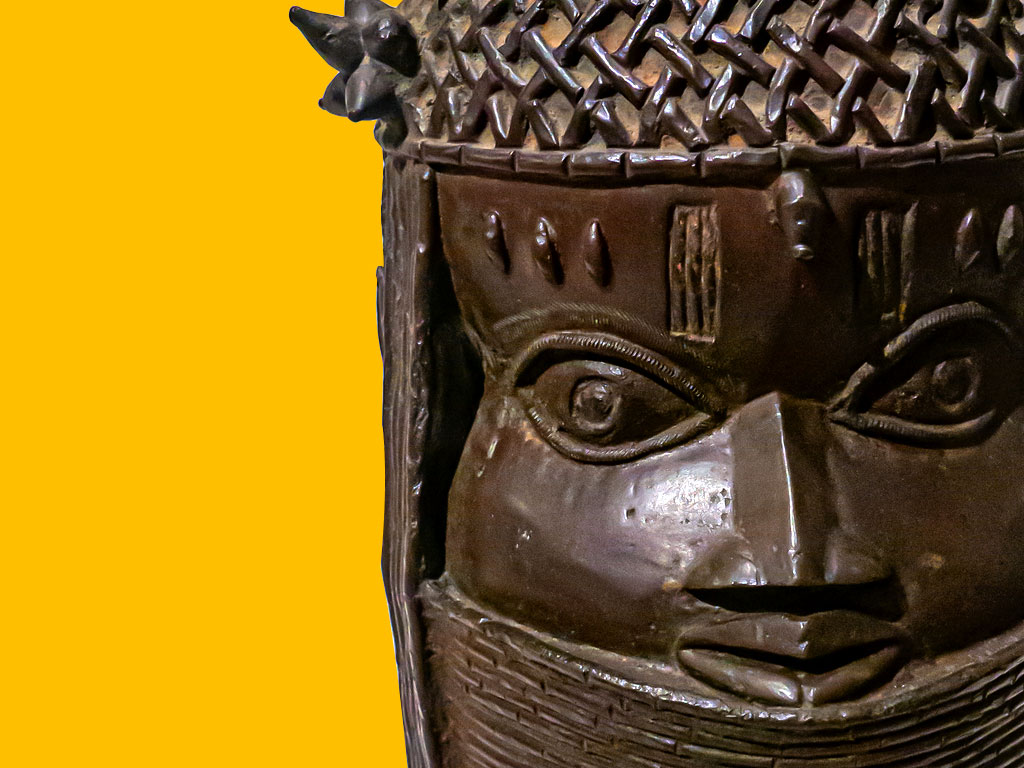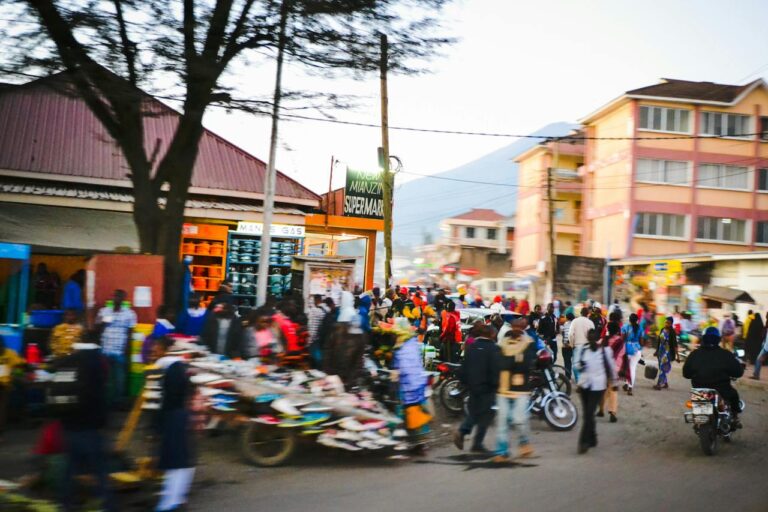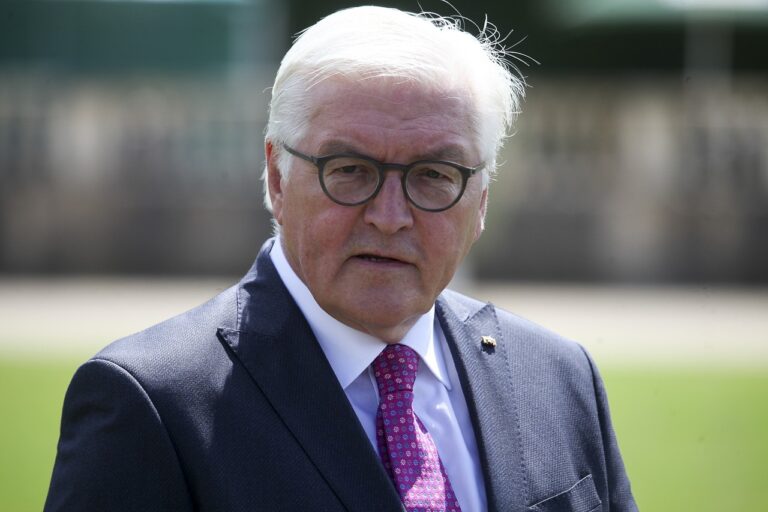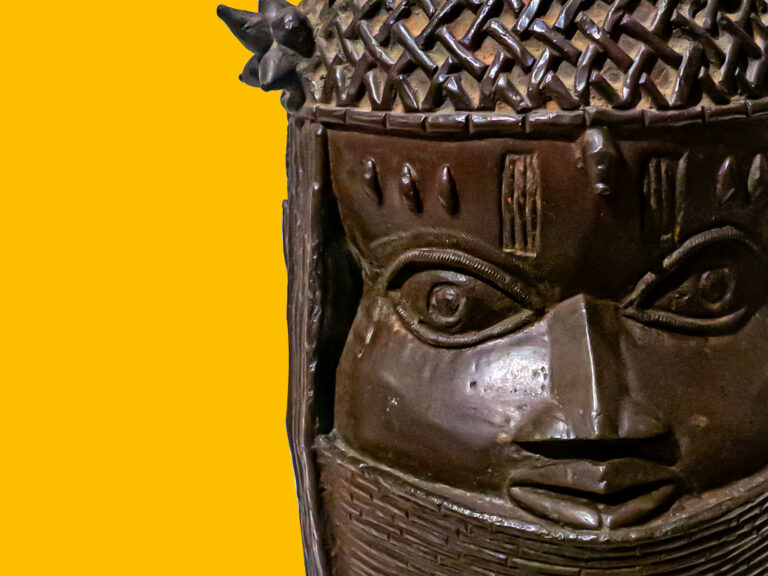Delegates convened at the Accra Reparation Conference in Ghana on Thursday reached a historic agreement to create a Global Reparation Fund, aiming to secure long-overdue compensation for the millions of Africans subjected to enslavement during the tr...
| Thanks for reading the Postcolonial.
You have gone through 3 articles.
|
| A Fruit Membership will give you access to:
✔ Comment sections |
Already a member? Login below.















